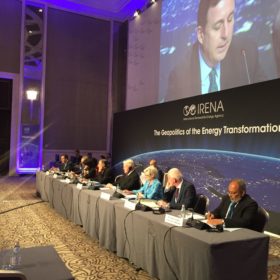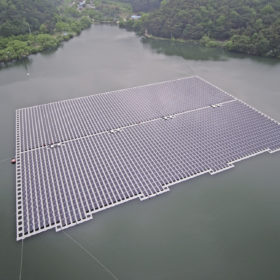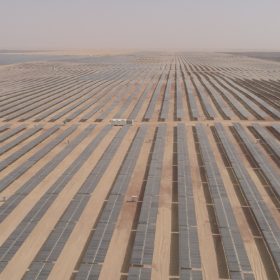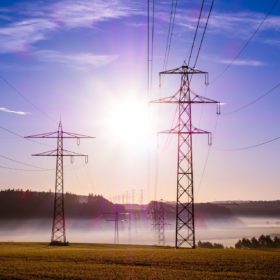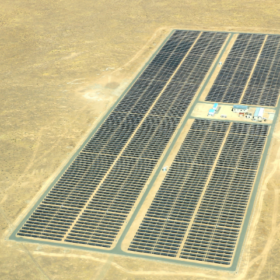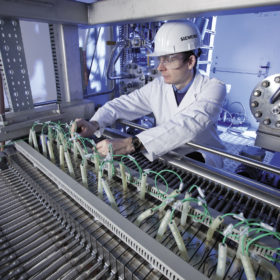‘Renewables must grow four times faster to ensure sustainable future’
The share of renewables in the global energy mix must more than double by 2030 for the world to advance the energy transition and achieve sustainable development goals, according to the International Renewable Energy Agency. Renewable electricity should supply 57% of global power by the end of the decade, up from 26% today.
Abu Dhabi fund approves $105m for clean energy projects
The Abu Dhabi Fund for Development will support half a dozen megawatt scale projects featuring solar in the Caribbean and Africa. In addition to around 42.5 MW of new solar capacity, the fund will also back the development of energy storage, waste-to-energy and biogas facilities.
Masdar to install 145 MW of floating PV in Indonesia
Abu Dhabi-based renewable energy group Masdar is sailing into the Southeast Asian solar market with Indonesia’s first floating solar project. The petro-state owned developer says the facility will be the largest in the region.
The land that solar (almost) forgot
Almost all of the energy supplied in the Buddhist kingdom of Bhutan comes from 1.67 GW of hydropower capacity but with a rising population and energy demand, and an expanding economy, the 12 GW of solar the International Renewable Energy Agency estimates the Himalayan nation could host might reduce the risk of climate change-related blackouts.
EBRD to lend €183m to help Egypt connect 1.3 GW of renewables
The European Bank for Reconstruction and Development is offering the funds to Egypt’s transmission system operator to strengthen the country’s grid to host more renewable energy in anticipation of rising power demand over the coming decade.
IRENA predicts LCOE of solar will drop to $0.01-0.05 by mid century
The latest study published by the International Renewable Energy Agency says the average solar electricity cost of $0.085/kWh produced by projects commissioned last year is set to fall to $0.048 next year, and $0.02-0.08 by 2030.
Namibia launches EPC tender for 20 MW solar project
The nation’s Central Procurement Board, on behalf of utility NamPower, has announced a tender to select an engineering, procurement and construction services contractor.
Uzbekistan announces tender for up to 900 MW of solar
The central Asian nation and the International Finance Corporation have signed a mandate to develop up to 900 MW of solar capacity through public-private partnerships.
Cronimet finishes 1 MW rooftop PV array on Namibian mall
The German developer and independent power producer claims it finished its latest solar project in the country about one month ahead of schedule.
The slow, inexorable rise of green hydrogen
The International Renewable Energy Association says the integration of hydrogen into the energy transition will not happen overnight and electrolysis costs will not be halved until the 2040s. That hydrogen and related products could revolutionize the world energy landscape, however, is not in doubt.
